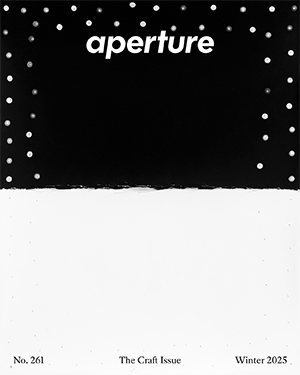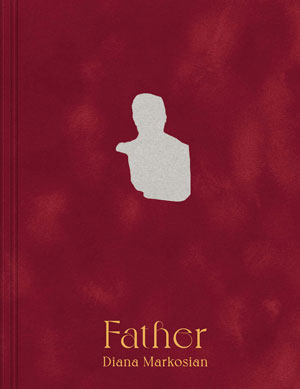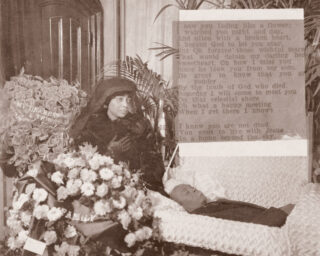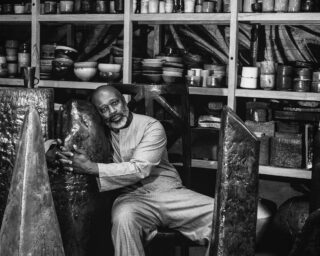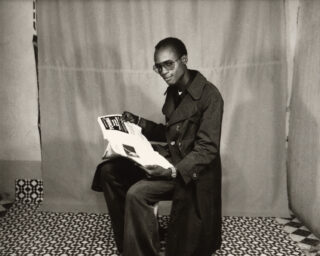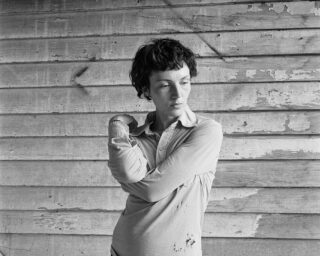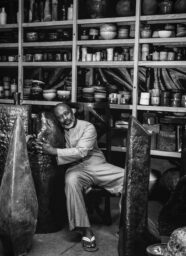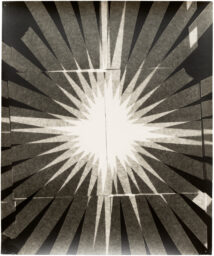On Feminism
How feminism has shaped photography? An introduction to the winter 2016 issue of Aperture.
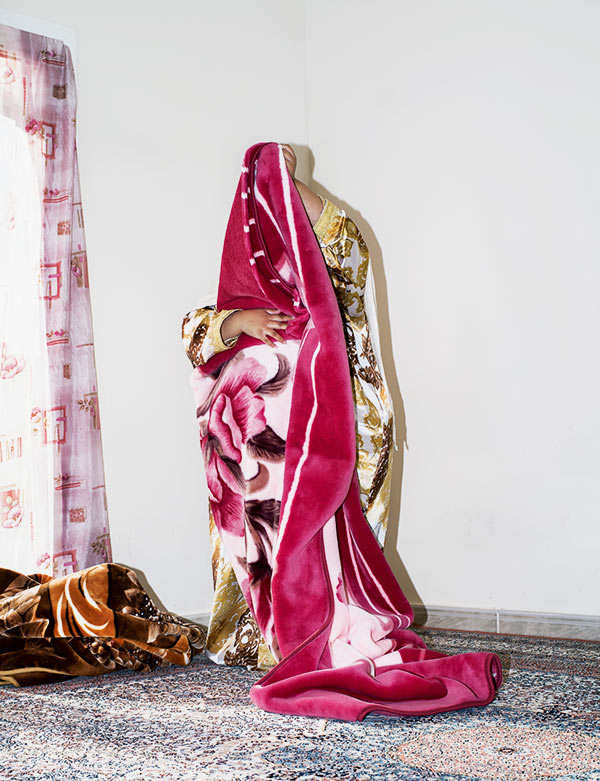
Farah Al Qasimi, S Folding Blanket, 2016
Courtesy the artist and The Third Line, Dubai
More than one hundred years before Laura Mulvey coined the phrase “the male gaze” in the 1970s, pioneers of photography such as Julia Margaret Cameron and Virginia Oldoini, Countess of Castiglione, were fully aware of what it meant to author one’s own image. The abolitionist Sojourner Truth deployed her portrait for the cause of freedom. “I Sell the Shadow to Support the Substance,” her cartes-de-visite read. A medium that could fabricate denigrating notions of gender and identity would also be wielded in the service of self-expression and personal transformation. As Julia Bryan-Wilson writes in these pages, “Female photographers have long been riveted by the structures of gender—its theatrics, its stereotypes—in order to explode them.”
This issue focuses on intergenerational dialogues, debates, and strategies of feminism in photography and considers the immense contributions by artists whose work articulates or interrogates representations of women in media and society. Guided by conversations with the contributors, as well as a range of critics and scholars of feminist art, this issue arrives at a moment when the very idea of gender is central to conversations about equality, and the power and influence that women hold on the world stage is irrefutable.
The aspirations and demands of feminist movements have changed dramatically. A century ago, women protested for the vote. Today, women lead from the heights of politics and business. Celebrities have taken up the mantle of popular feminism, while movements for women’s advocacy have earned wide exposure internationally. But the struggle endures. Beyoncé lands a commercial hit with her provocative visual album Lemonade, but in Pakistan, the social-media star Qandeel Baloch is killed for her self-expression on Instagram. Trans actress Laverne Cox graces the cover of Time magazine, but trans individuals still face the daily threat of violence from Detroit to Johannesburg. For the photographer and activist Zanele Muholi, who has spent her career documenting LGBT women for posterity, the photograph is the record of a life lived, the proof of existence.
While not all of the artists in this issue address feminist politics explicitly—and what exactly defines such politics varies widely—they are each, in their own ways, concerned with how women are envisioned by art, culture, and memory. Their work underscores how photography has shaped feminism as much as how feminism has shaped photography. —The Editors
Read more from Aperture Issue 225, “On Feminism,” or subscribe to Aperture and never miss an issue.
